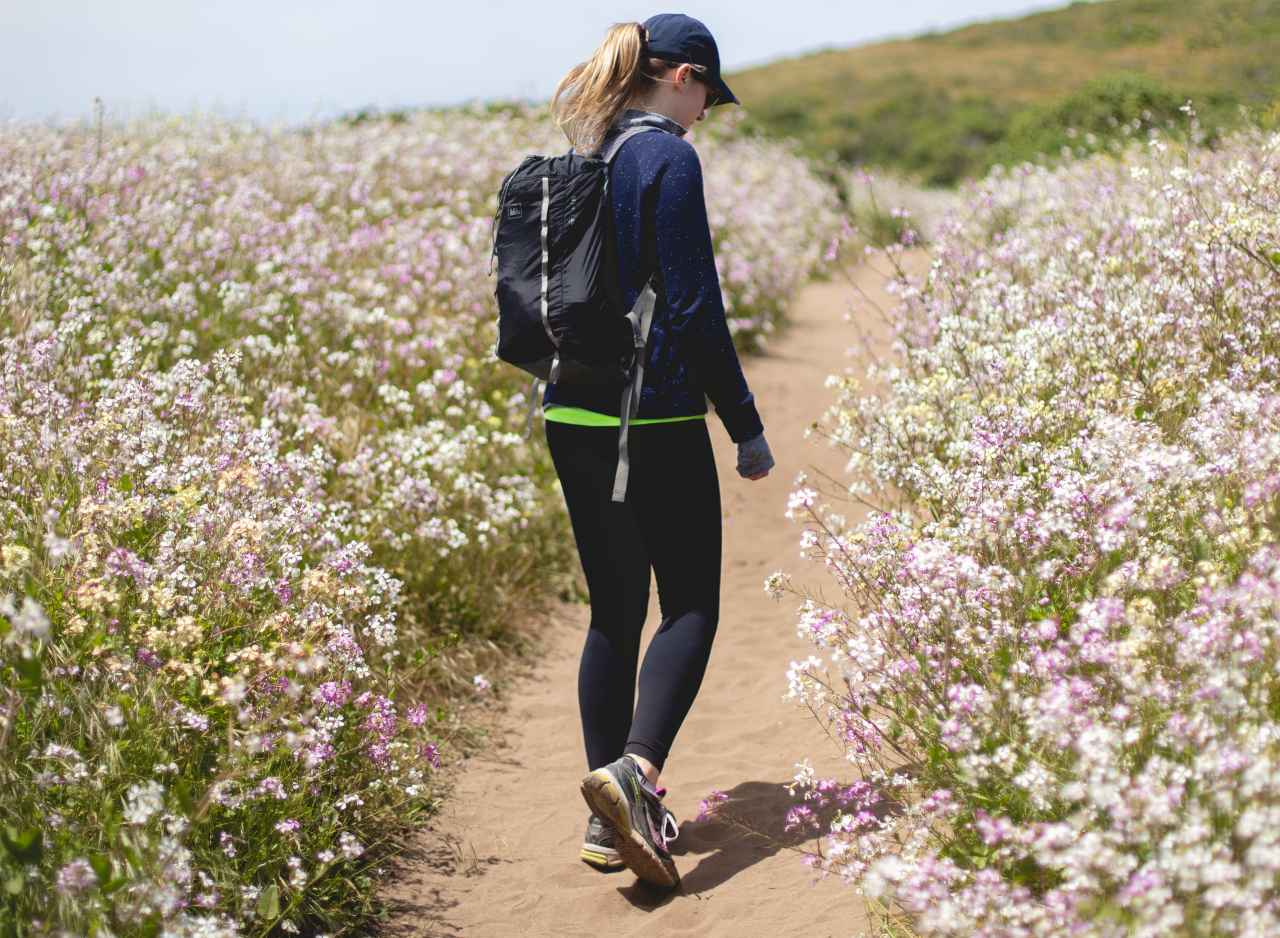Rachel Letham, Associate Trainer at We Are Wellbeing, explains how the simple act of breathing can become a powerful and welcome exercise tool.
As the long summer days roll on, we always want to cram everything into what feels like extra hours of the day but often that leaves us burnt out by the end of the summer. August is National Wellness Month and should act as a reminder to us to keep focused on our wellbeing over the summer months as well as having fun in the sun.
It can be a busy time, catching up with friends and family, trying to keep the kids entertained in the school holidays. Working in hot stuffy offices or the spare room at home, whilst wishing you were in the hammock in the garden! So how can we keep calm and cool this summer? By tapping into the benefits of mindfulness and remembering simple strategies to keep us both physically and mentally cool.
When it comes to mindfulness it is all about tapping into the present moment, simply noticing what is happening, without trying to change anything. It’s about accepting and acknowledging our thoughts then letting them pass with an understanding that nothing stays the same. It’s about noticing and paying attention to our thoughts without judging them. When we give ourselves time to slow down, to lean into techniques that connect our mind and body we can feel calmer, and it also affects our parasympathetic nervous system which can help us cool our body down too when it’s a little warm.

The power of the breath
Doing something as simple and relaxing as paying attention to your breathing can really help you feel calmer and more mindful. It’s our best free asset and often we don’t spend time breathing well. There are many ways to tap into a more mindful way of being, focusing on the breath and our mind body connection is a great way to lower our heart rate, reduce our blood pressure and nourish both our body and mind.
When the parasympathetic nervous system (PSNS) is activated, it slows our heart and breathing rates, lowers blood pressure and promotes digestion. Our body enters a state of relaxation, and this relaxation breeds recovery. The more time we spend in a PSNS state, the healthier we are.
The key thing in your breathing is to exhale for longer than you inhale. This is because when you exhale for longer than your inhale, the vagus nerve (running from the neck down through the diaphragm) sends a signal to your brain to turn up your parasympathetic nervous system and turn down your sympathetic nervous system. This is crucial when it comes to purposeful rest and feeling calm.
The sympathetic nervous system is the thing that controls your “fight-or-flight response”. When it is fully engaged, your heart rate and breathing speed up and stress hormones like cortisol start pumping through your bloodstream. We can often feel stressed in the summer months, sitting in the traffic jam on the way to your holiday with a car full of people and the temperature rising. Or that all important meeting you prepared all week for only for it to be cancelled at the last minute, even getting anxious about making a flight on time or travelling when it’s been so long since we could. All of these things will activate your fight or flight response and mindfulness can help calm you down.
Try our mindful breathing exercise
Before you start, it’s important that you feel comfortable and that you’re in a space where you feel you can get into the present moment and you can be relaxed. So, sit comfortably, resting your hands gently on your lap and straighten your upper body. Let the souls of your feet ground themselves onto the floor. Relax your shoulders downwards from your ears and lower your chin slightly.
Allow your face to relax, paying attention to releasing any tension around your jaw and your mouth and between your eyes. Lower your gaze, or if you would like to, slowly close your eyes. Relax and bring attention to the breath.
Breathe in slowly for three counts, pause for one and breathe out for the count of six. Repeat this five times to truly get the benefit of this relaxing breath.
Remember, the breathing out for longer than you breathe in is important here.

Get grounded with a body scan
A great way to calm the body, lean into any areas of tension and to give yourself a moment of nourishment. This is not a huge medical procedure requiring a GP; this is something you can do wherever you are.
I would encourage you to take your shoes off and do this in your garden, for maximum effect. This is a classic mindfulness technique that connects the mind with the body and allows you to find a haven within your self.
With your eyes closed, place your attention on each part of your body slowly, one by one, from the tips of your toes to your head. Slowly moving from the ground up, zoning in your attention, focusing on how each body part feels.
There’s no need to judge or analyse pain or discomfort, this is about awareness and connection with your body. Is there any tension? Do you feel warm or cold?
Allow yourself to feel calm and breathe naturally as you move through the body. Learn to appreciate your body and all that it does and can do. Being able to do this without judgment is a powerful technique.
A mindful walk
Nature is moving all the time; there is always something to see. According to Dutch scientific journalist Mark Mieras, there is increasing evidence that the stress-reducing effect of nature comes from ‘phytoncides’; a substance that plants and trees secrete to protect themselves from insects. Taking a walk outside can help wake our immune system up and reduce our stress levels.
For more from Rachel Letham, see our We Are Wellbeing articles.







